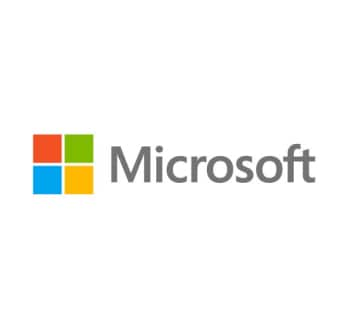“Since the launch of the artificial intelligence chatbot ChatGPT in November 2022, generative artificial intelligence has been integrated into our working methods. It marks the start of a new digital era, on a scale probably equivalent to that of the arrival of the internet. We often read that AI is revolutionising content creation. Above all, what makes it unique is that it allows us to talk to computer systems in natural language. With generative AI, all you need to do is ask a question to get an instant answer. As there is no longer a need to learn technical language, it breaks down the digital barrier, which in turn promotes inclusion. Its second key strength is its ability to reason about sophisticated fields of expertise, for example analysing and processing financial information.
billion US dollars: this is AI’s expected contribution to the global economy by 2030.
Source : PwC, Global Artificial Intelligence study.
We also ensure that we inform and train users in
order to foster informed use. Specifically, we must learn to ask generative AI
questions, commonly called “prompts”, so as to avoid the risk of generating
incomplete or even irrelevant answers. Many safeguards exist at this time to
manage potential risks, such as asking Copilot to explain its responses or
providing the generative AI model with verified sources of information from
which to draw on and cite. To oversee the responsible use of AI, we have put in
place strict governance and a stringent execution framework.
Deploying generative AI in the banking sector
In the banking sector, generative AI provides a very wide range of possibilities. With this in mind, we are working with BNP Paribas’ business lines, IT and data teams on the implementation of generative AI solutions. The first stage of this collaboration involves business and process-oriented work on a secure cloud services environment, while the second stage focuses on user-oriented work on Copilot’s ready-to-use solutions for teams.”
Microsoft’s responsible AI
In 2017, Microsoft created an advisory committee to advise its customers on the implementation of responsible artificial intelligence. The company also established six key principles for trustworthy AI – accountability, inclusion, reliability and safety, impartiality, transparency, confidentiality and security – with controls on AI systems. To facilitate the implementation of these principles, Microsoft provides processes and tools which are integrated into its services, and regularly publishes transparency notes on the internet to make its AI technology easier to understand and to help users make the right choices.




